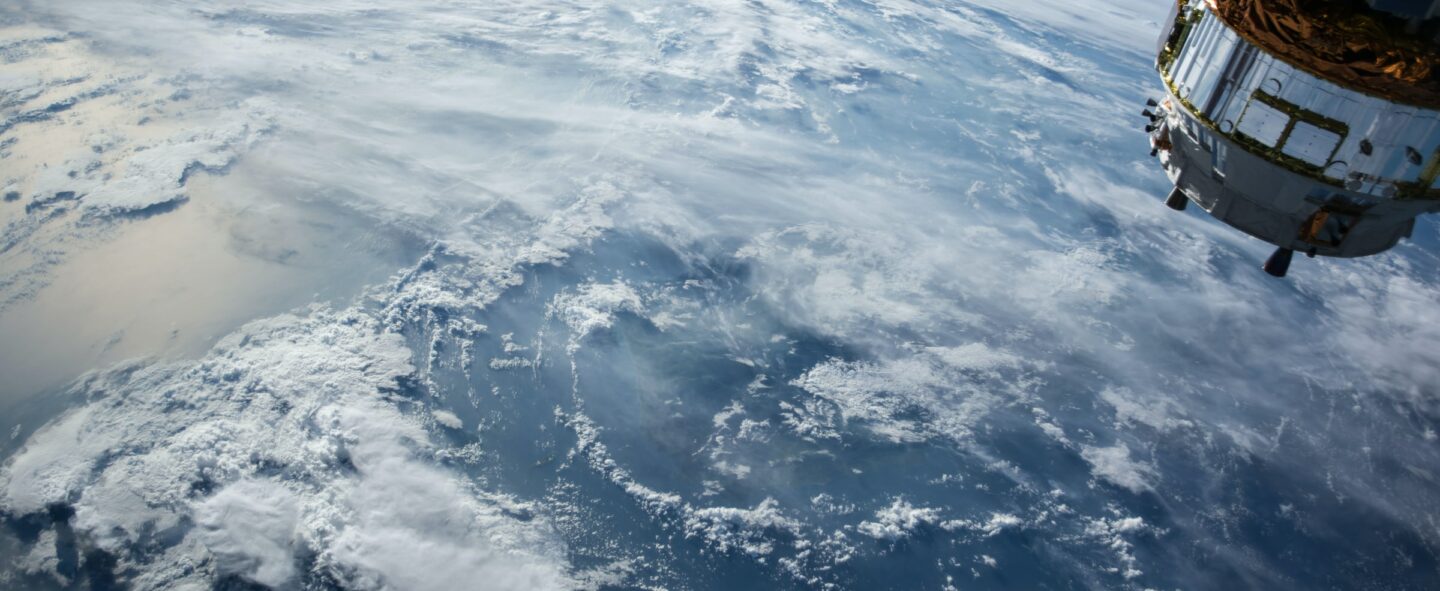
Prof. Jean-Paul Kneib, Director of EPFL Space Center (eSpace), will describe the current status of Stuff in Space and how the New Space industry is developing. He will suggest that soon there may be a crisis, where the space debris will limit the use of space infrastructure. To prevent this Prof. Jean-Paul Kneib will describe the Clean Space One project, a Swiss initiative to “clean space”, starting with SwissCube – the first Swiss satellite launched in space, ten years ago. He will also present the ADRIOS ESA program that recently selected the “ClearSpace-1″ project lead by the EPFL Start-Up. Finally, Prof. Jean-Paul Kneib will discuss a new Swiss initiative on sustainable space logistics he is developing at the EPFL Space Center with the support of the European Space Agency.
About 5000 satellites orbit the earth these days, but less than half of them – roughly 2000 – is still operational. The rest can be counted as space debris, defunct human-made objects, which no longer serve any useful function. Orbits are increasingly becoming overcrowded by space junk, which also includes about a million objects 1-10 cm in size, and a myriad of smaller pieces such as paint flecks and solidified liquids. Since space debris travels at a speed of up to 17,500 mph, even small objects can lead to catastrophic collisions. It is feared that collisions will cause even more collisions and that the situation may get out of hand completely. Since many satellites are worth billions of dollars and since future missions are threatened by space debris as well, addressing this problem has become a matter of great urgency.
Event Rundown
18:00 Doors Open
18:30 Welcome Speech
Dr. Felix Moesner, Science Consul & CEO, swissnex China
18:35 Presentation
Prof. Jean-Paul Kneib, Director of EPFL Space Center
19:20 Q&A
19:30 Networking Reception
About the Speaker

Prof. Jean-Paul Kneib
Director, EPFL Space Center (eSpace)
Prof. Jean-Paul Kneib has been the Director of the EPFL Space Center since July 2017. This center has three main projects: developing technologies for space debris removal, developing sustainable space logistics technologies, and deploying a gamma-ray small-satellite constellation.
Prof. Kneib is also the Director of the Laboratory of Astrophysics (LASTRO) since April 2016. He is invested in astrophysics and observational cosmology research. In particular he has been the Principal investigator of the SDSS-IV/eBOSS project from 2011 to 2018. Currently he is leading at EPFL the construction of the fiber positioner robotic system for the SDSS-V project. He is also coordinating the Swiss SKA research group, promoting the participation of Switzerland in the SKA project. He is also very active in three observational collaborations which plan to constrain the nature of Dark Energy: using gravitational lensing techniques (Euclid) and using galaxy clustering (DESI and 4MOST). He is also renowned for his work on gravitational lensing, a field in which he is still active with participation in the Hubble Frontier Field and the Buffalo projects.
Event organized in collaboration with EPFL Alumni Shanghai.
